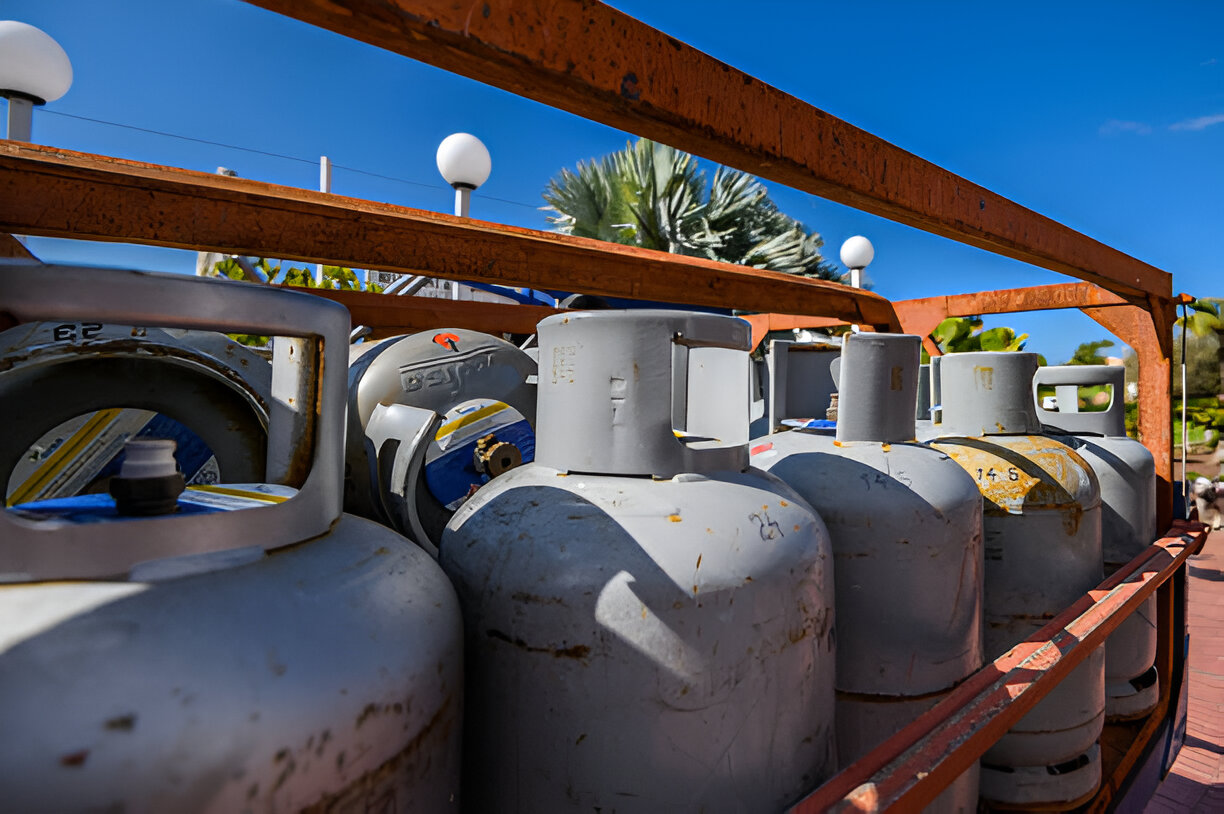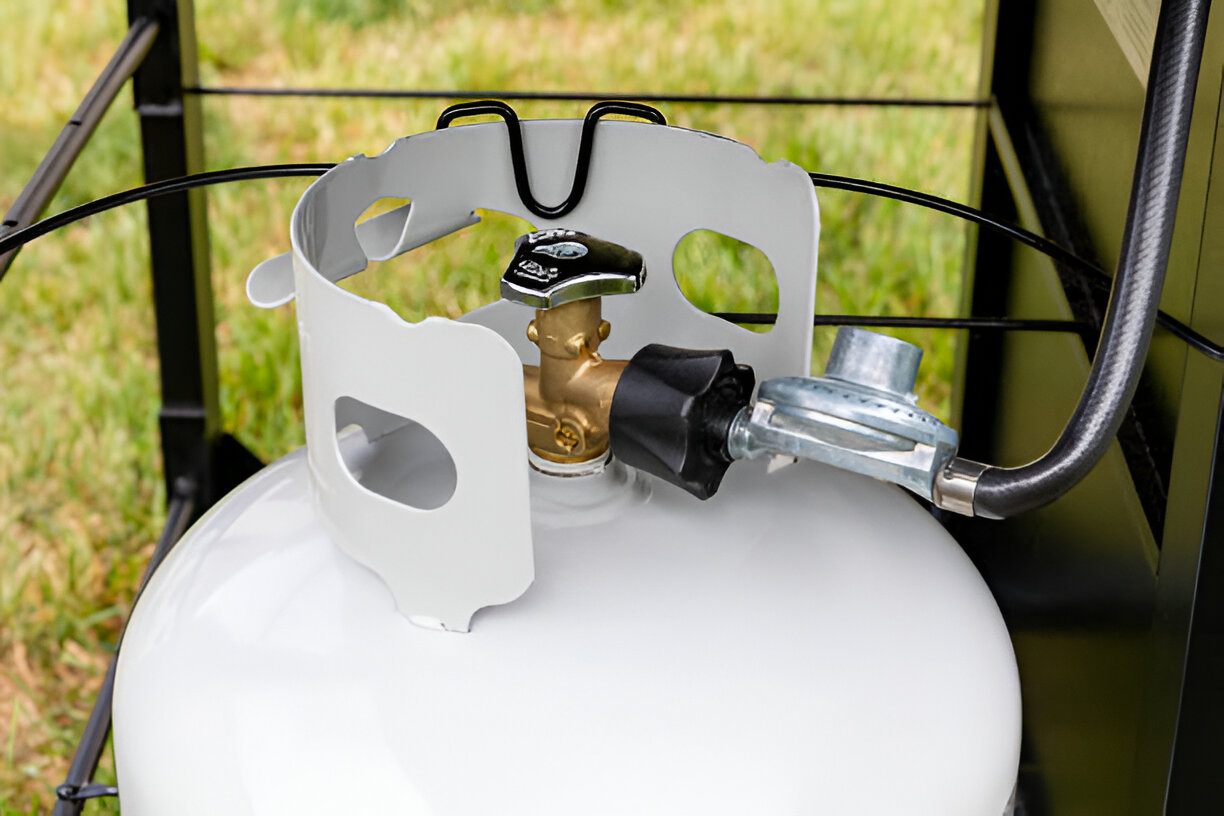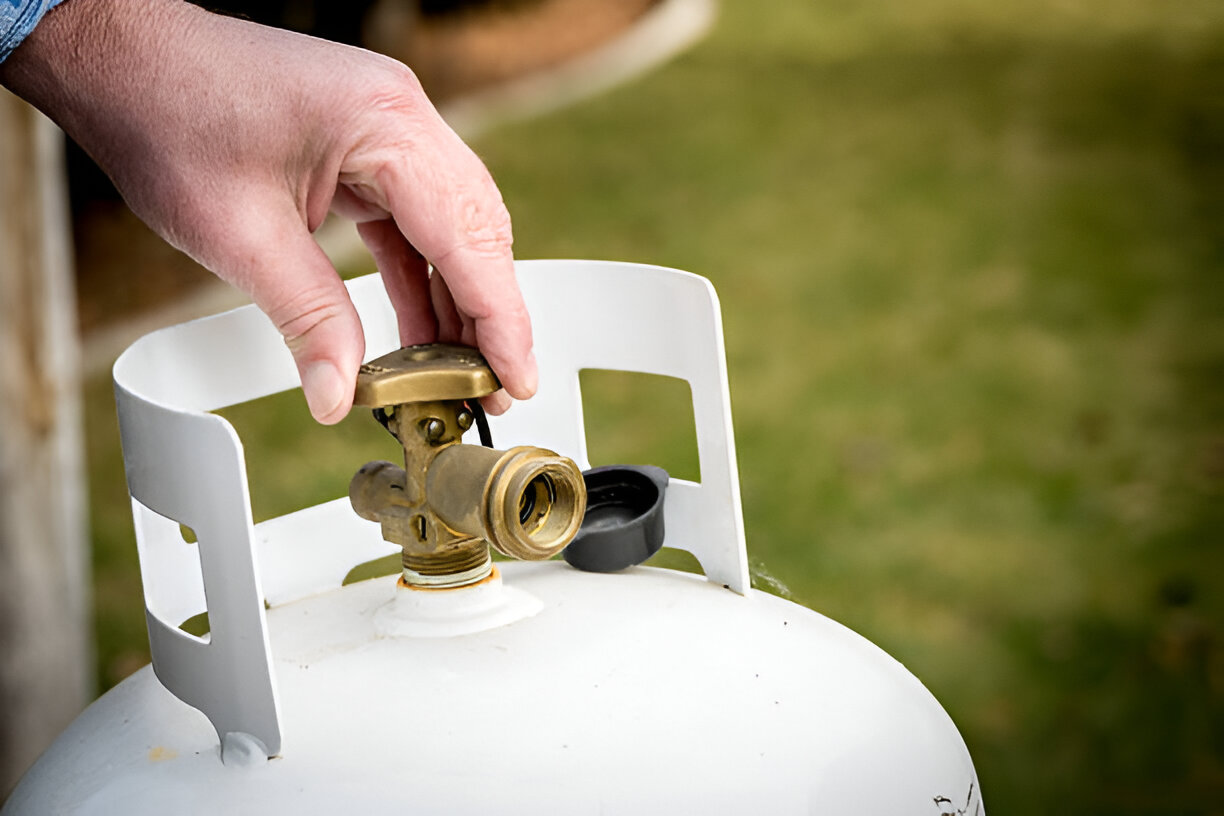5 Signs You Need a Propane Refill Before It’s Too Late

When your grill sputters mid-barbecue or your furnace struggles during a chilly evening, it’s more than frustrating, it’s a sign your propane supply is running low. Acting before your tank runs empty can save you from inconvenient interruptions and costly emergencies.
Key Takeaway
- Refill propane before your tank drops below 20–30% to avoid service interruptions.
- Watch for warning signs like weak flames, sputtering appliances, or unusual flame color.
- Use simple checks like the warm water test or gauge reading to monitor fuel levels.
- Scheduling refills with a trusted local provider ensures safety and year-round reliability.
Why Propane Refill Timing Counts

In many homes, propane power heating systems, backup emergency generators, outdoor grills, and more. A sudden drop in supply, especially during the colder months or a holiday gathering can disrupt daily life and even create safety concerns. Staying ahead on refills ensures comfort, reliability, and peace of mind year-round.
The Five Signs You're Due For a Propane Refill
1. Appliance Performance Drops
If your water heater doesn’t get as hot or your furnace takes longer to warm your home, low propane levels are often the culprit. We’ve seen it time and again, especially during family dinners, when a grill balks mid-cookout.
2. Flame Looks “Off”
A proper propane flame burns bright blue. If it’s flickering yellow or orange, that’s a warning flag. Low tank pressure can shift the air‑fuel mix, making your flame weaker or discolored.
3. Tank Feels Too Light
Lift the tank carefully or check its weight. For a 20‑lb cylinder, if it feels much lighter than expected (tare weight plus typical fill), it’s time to schedule a refill.
4. Sputtering Sounds in Appliances
You’ve likely heard this on cold mornings, your furnace or heater sounds like it’s gasping for air. That sputtering is a sign your tank pressure has dropped too low.
5. Gauge Nearing Empty
Most residential tanks in Cumberland have gauges or float meters. If yours is hovering at 20–30%, you’re nearly out—and a refill should be placed immediately to avoid shutdown.
Blog related: How to Know When You Need a Propane Refill
How to Check Your Propane Level Safely

Warm Water Test (small tanks)
Pour warm—not hot—water down the side of the tank. The metal will feel cool where the propane level sits, giving you a quick way to check fuel without a gauge.
Gauge Reading (larger tanks)
Check the tank’s gauge regularly and schedule a refill when it nears 20% to avoid running out and to keep the system working efficiently.
Stay Alert for Leaks
A rotten egg smell or hissing sound means a possible propane leak, shut off the supply if safe, leave the area, and call a professional immediately.
Planning Ahead = Peace of Mind
Rhode Island sees shifting seasons; cold winters, humid summers not always easy to predict. Planning your propane refill before gauges dip ensures smooth heating, cooking, or generator start-up. T.H. Malloy & Sons, Inc. offers convenient options like auto-delivery, service plans, and seasonal checks, helping local customers stay prepared and avoid last-minute emergencies.
Blog related:Trusted Propane Delivery Service
Contact T.H. Malloy & Sons, Inc. for Expert Propane Services
When you spot the warning signs; weak flames, sputtering appliances, unusual flame color, or a low gauge reading, it’s time to act before you’re left in the cold or without fuel for your grill. In Cumberland, Rhode Island, propane powers more than just heat, it’s the energy behind warm family dinners, weekend gatherings, and reliable backup power.
With T.H. Malloy & Sons, Inc. you get a propane refill service.Whether you’re planning ahead for winter or need an urgent top-up, we make it simple and safe.
Contact us today to schedule your propane refill and keep your home or business running smoothly.
Frequently Asked Questions (FAQs)
How do I know when I need a propane refill?
Signs you need a propane refill include weak or yellow flames, sputtering appliances, a tank gauge reading under 20%, or a tank that feels lighter than usual.
Is propane refill cheaper than exchanging a tank?
Yes, propane refills are generally more cost-effective than exchanging tanks because you only pay for the propane you need and keep your own tank.
Can you refill propane for RVs, grills, and generators?
Yes, we can refill propane for residential heating, RVs, outdoor grills, generators, and marine fuel systems at our Cumberland, RI location.
Stay Informed with Our Newsletter
Sign up to receive our latest updates

Insights for Your Home Comfort
Stay informed and ahead of the weather with our expert insights. Visit our blog for the latest updates and tips to maximize your home comfort.
